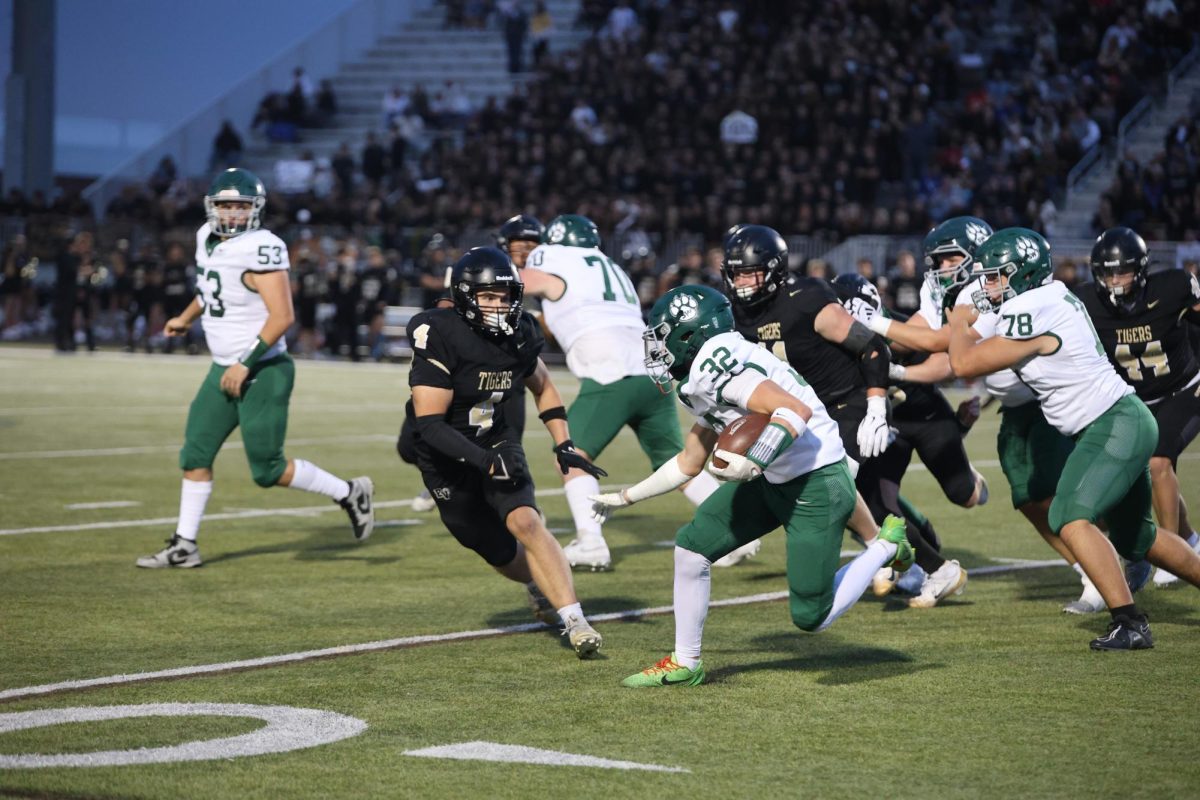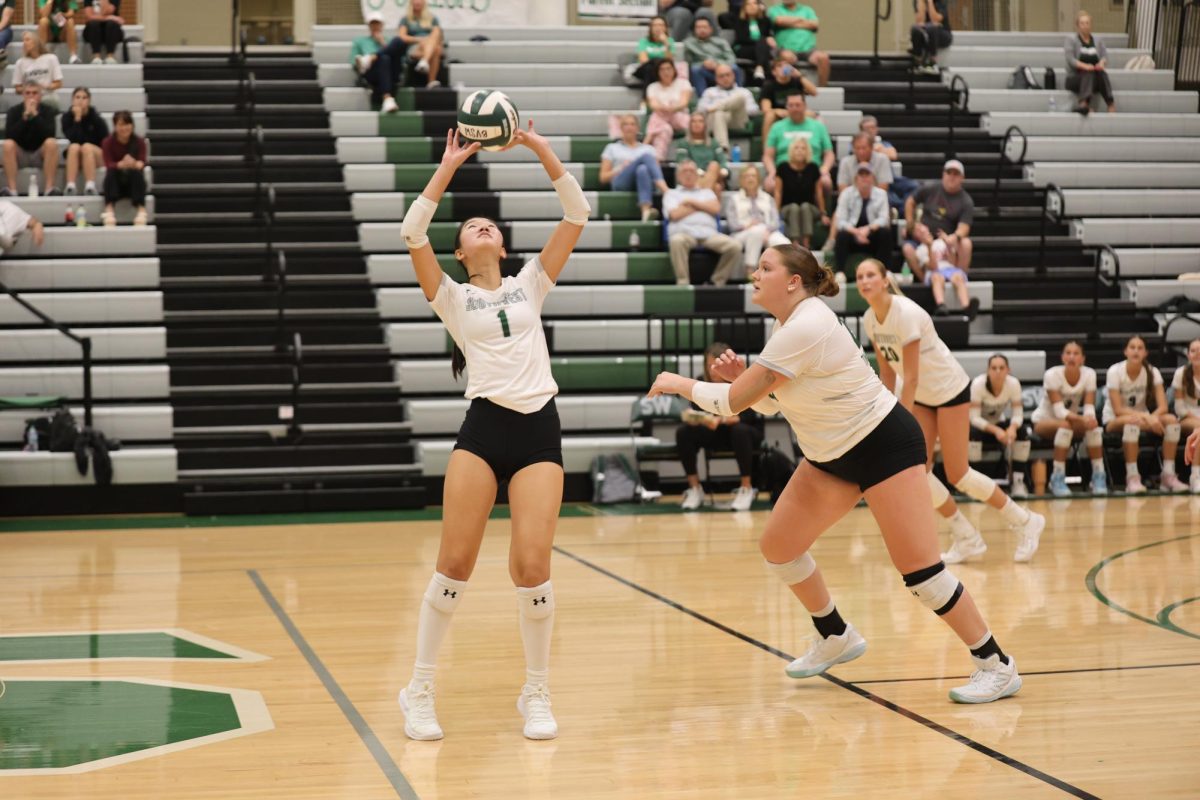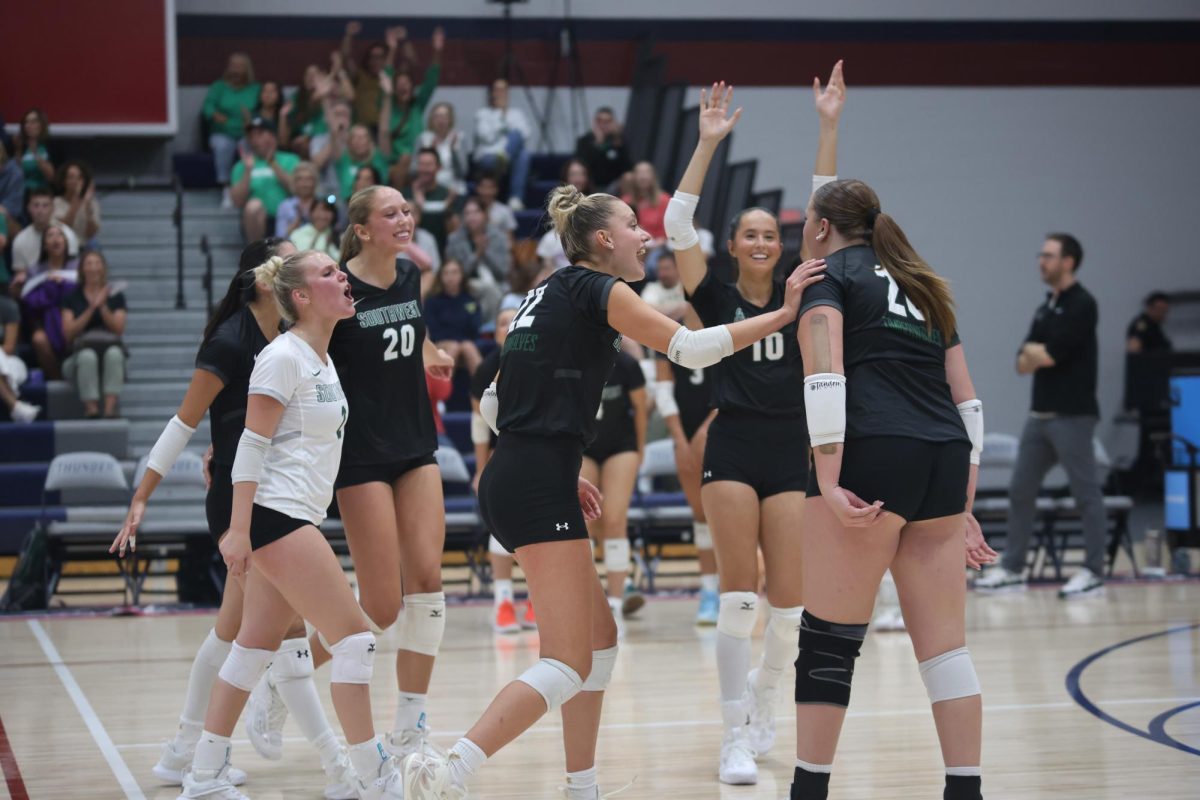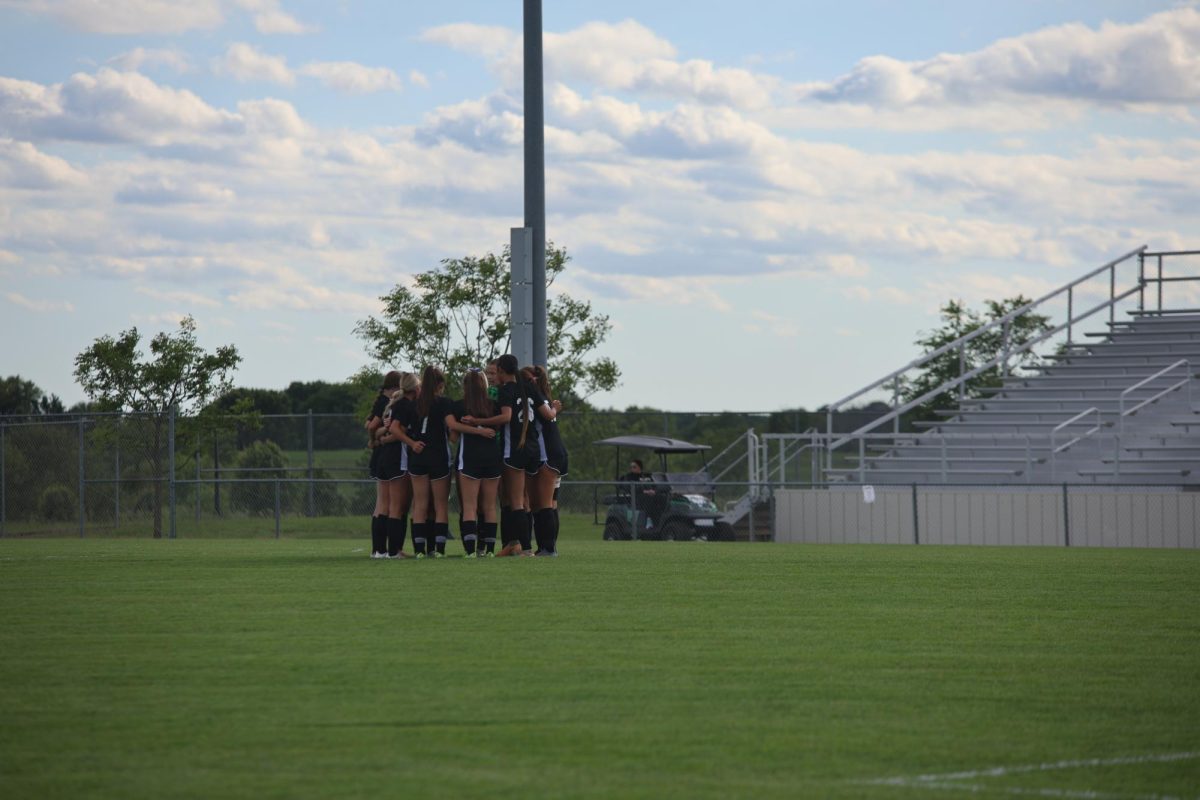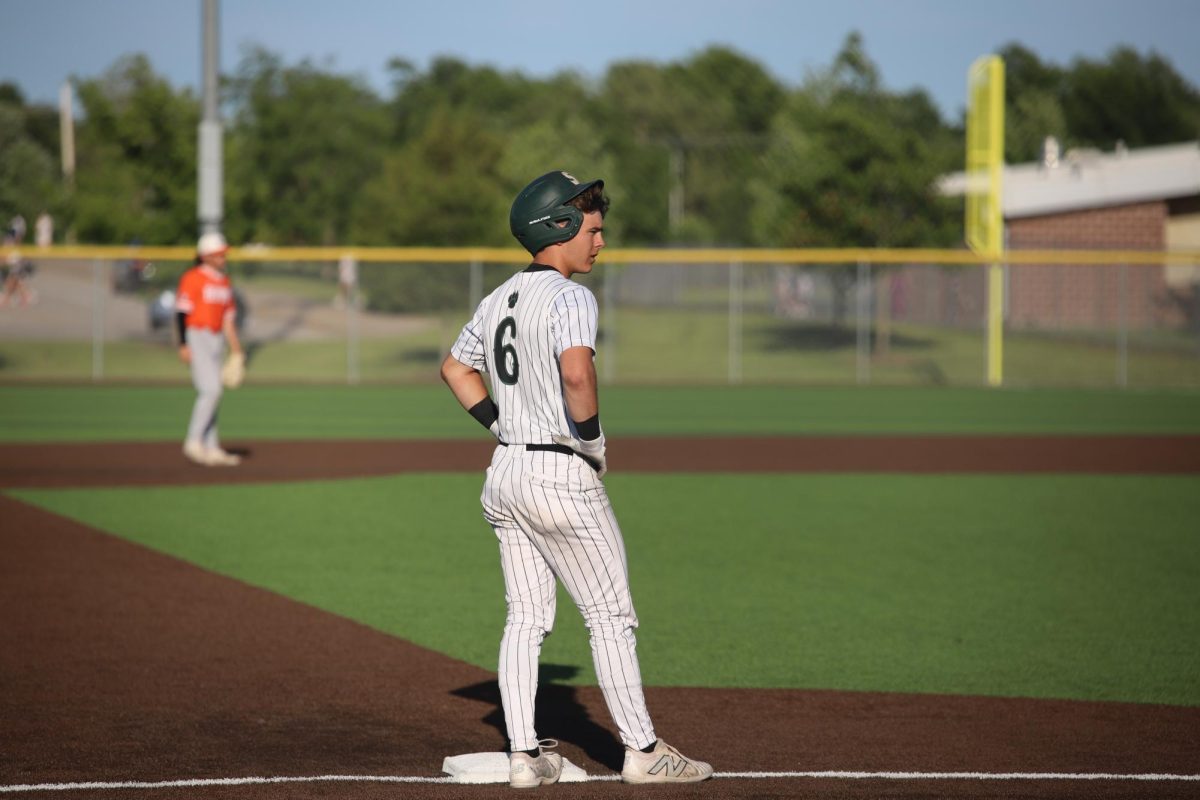High school has a lot to offer to students, allowing them to express themselves through activities, a major being sports. Sports give students the opportunity to express themselves while playing a game they enjoy. Athletics can get pretty intense, and sometimes lines are crossed. Some students feel the pressure to succeed, not just from themselves, but from their coaches as well.
Former Rutgers coach Mike Rice was recently fired from his position as head basketball coach after bullying his players. Rice was proven to have shoved, kicked and verbally abused them.
“The incident at Rutgers should never have happened,” head football coach Bill Lowe said. “He was way out of bounds by doing that.”
Every coach has his own way of getting the best out of his players. Some nurture players, building up confidence and rewarding hard work. Others put teams through hardship, building a brotherhood between the players. The question stands: Where is the line drawn? At what point does coaching turn into abuse?
““There must be a time where a coach must ask themselves if they are harmfully affecting their players.”
Don’t get it twisted, coaches are supposed to push players. This is not only to get results, but to teach them valuable life lessons.
Sports allow students to learn key life skills that will help them when the days of high school are far past, such as cooperation, discipline and perseverance. There are some lessons that cannot be taught in a classroom, and sports allow students to pick up on these lessons while allowing them to have fun as well.
“There is a lot of life lessons that can be learned playing sports,” assistant soccer coach Tyler Alexander said. “I think sports should encourage people to try new things, challenge themselves to push outside their comfort zone and to take a risk that they may fail.”
Physical or verbal abuse is not the only thing that can get to athletes. Pressure to win or excel can also take a toll on those who partake in competitive athletics. While sports are meant to be a source of enjoyment, athletes also experience pressure from their coaches, their teammates and themselves to succeed.
“I feel like I put too much pressure on myself, and at times it affected how I played,” junior Jack Raybuck said.
Student athletes don’t only feel the pressure to represent their team, but to represent their school as well.
“Sometimes I feel as if I have to be perfect sometimes since our athletics represent our school,” freshman Megan Price said. “But other times I don’t feel pressure at all because everyone is supporting you.”
The pressure to succeed is not always a bad thing. There are athletes that embrace the pressure, enjoying being under the lights or having a crowd cheering for them.
“I think it [pressure] made the games more exciting,” Raybuck said. “When I played well, it always made the games fun.”
Where the line falls can differ for every athlete. Some athletes enjoy the pressure of the sport, while others play exclusively for the sport. Some people handle the expectations better than others, which doesn’t mean that one has to be able to meet expectations to be an athlete.
“It goes too far when it’s not about what’s best for the kids,” head wrestling coach Cody Parks said. “There must be a time where a coach must ask themselves if they are harmfully affecting their players.”
What are the responsibilities of a coach regarding the treatment of players?


– junior Tavon Alleyne

– freshman Chloe Kirkpatrick


